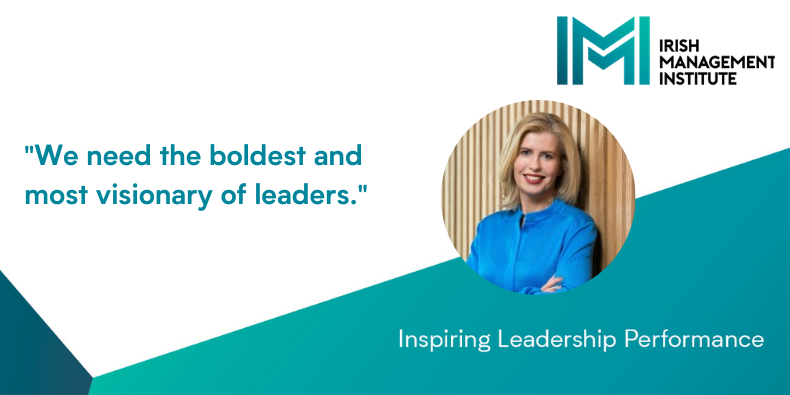Donal O’Donoghue, Managing Director, Sanderson
"In today's rapidly changing business context, the need for businesses to evolve and adapt is a critical success factor. Bringing a business on a transformation journey is always challenging. It is particularly challenging in an organisation that is already successful. A loyal and tenured workforce may have well-developed working habits which have served them well, and a theme of why fix what isn't broken may prevail. In such circumstances, it falls to the organisation's leadership to set the vision and articulate the need for change.
Creating a vision genuinely aligned to a meaningful purpose with a clear picture of success is essential to build wide-ranging support for the change. Finally, supporting this vision with regular multi-channel communications across collateral, email, social and digital, and in-person will amplify the message. These tools will provide the team of change champions with the best opportunity to deliver a transformation that will embed and sustain. Until the need for the next change initiative becomes apparent."
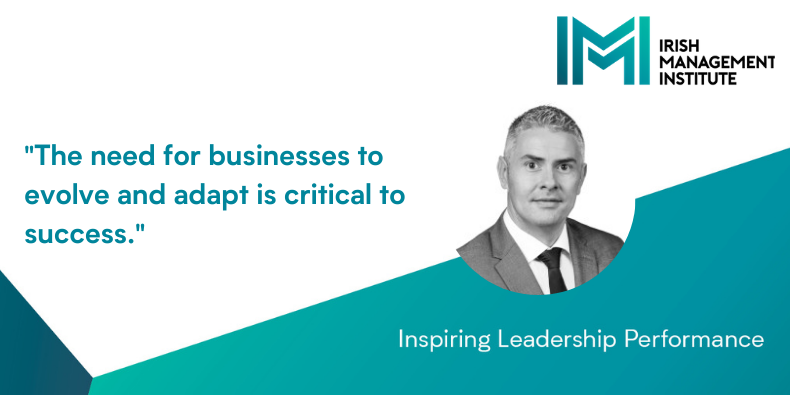
Bernard Gloster, CEO of Tusla
"Driving successful transitions in Public Services has many of the same challenges as private industry. Our organisations have a history, a culture, a structure and a ‘way of doing things’. We very often have a statutory imperative in a highly regulated environment to do certain things. Driving any transition requires us to not only assess (diagnose) but to acknowledge where we are at and where we have come from.
The definition of where we are going and the transition to get there is critical (the vision, the plan). Probably the most significant challenge is living with and holding ambiguity, that which comes with the VUCA world. Being aware of but not limited by that past and present is probably the key factor in transition to that future, the agility. Recognising our transition will probably lead us to a place needing more transition will help reduce the change frustration and subscribe to the need for continuous improvement."
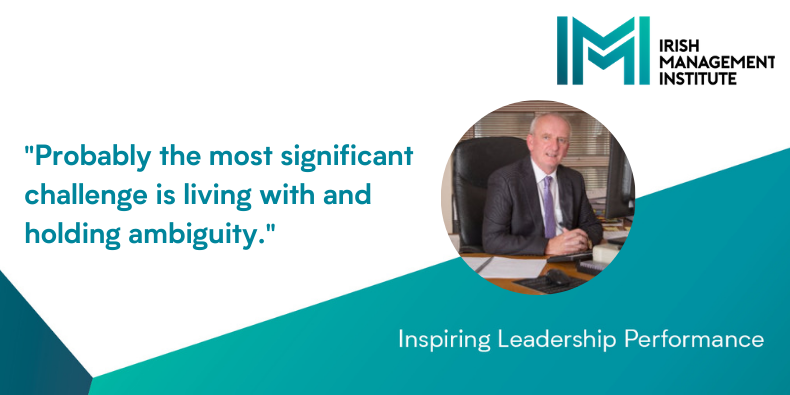
Averil Power, CEO of Irish Cancer Society
"In recent years, I have experienced major personal and professional change, some of it planned and some of it thrust upon me. Three things have helped me not only to survive but to thrive during that period – surrounding myself with the right people, having a strong sense of purpose and staying positive no matter what. These have also helped me drive successful transitions at work, including in my current role as CEO of the Irish Cancer Society.
Recruiting new talent and promoting high performers has brought a fresh energy, new expertise and greater diversity of thought. The collaborative way in which we developed our new strategy means we are all united behind a common purpose and have a clear plan and effective tools for delivering it. Fostering a positive culture has kept morale high and enabled our team to deliver incredible results despite the challenges presented by COVID-19."

David McRedmond, CEO of An Post
"Change requires clarity of direction and certainty of purpose: knowing who you are and where you are going. Prescriptive, detailed operational plans can easily become outdated. The direction needs to be broad enough to allow for the changing environment, but precise enough to avoid just blowing with the wind. So balanced leadership is vital in a time of disruption."
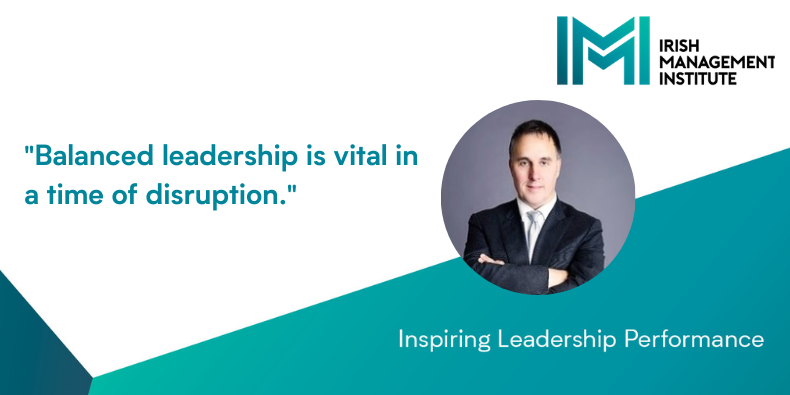
Rachel Hussey, Clients and Markets Partner, Arthur Cox
"Managing transition involves a lot of preparation and planning so that the team knows what is the rationale behind the transition (the why) and in general terms, the journey to be taken (the how) to navigate the transition or change. The journey must be embarked on with a growth mindset and not a predetermined set of steps.
The circumstances are almost always going to change along the way and the plan needs to be flexible enough to adapt to any change. In terms of leadership, I believe that now more than ever, clear communication and being inclusive and empathetic are key to successfully bringing people along a change journey."
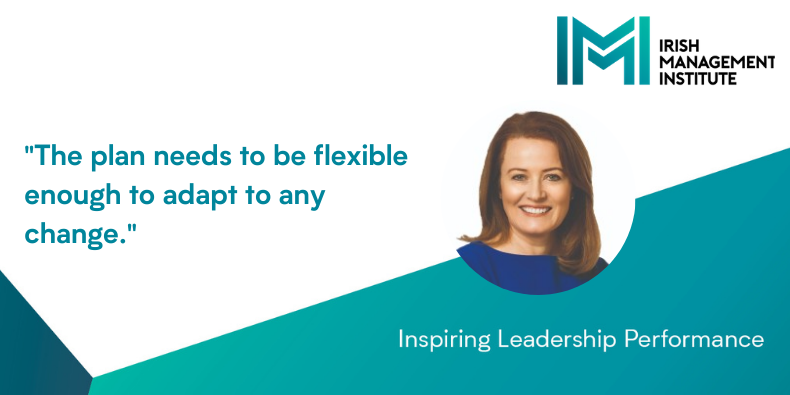
Paula Neary, MD Communications, Media and Technology, Accenture
"The pandemic has sparked a new wave of innovation. In order to reshape our future almost from the ground up, we need the boldest and most visionary of leaders. It will require companies to become masters of change by adhering to three key imperatives – first, leadership demands technology leadership, as perpetual change is here to stay; second, leaders won’t wait for a new normal, they’ll reinvent, building new realities using radically different mindsets and models; and finally, leaders will embrace a broader responsibility as global citizens, deliberately designing and applying technology to create positive impacts far beyond the enterprise to create a more sustainable and inclusive world."
